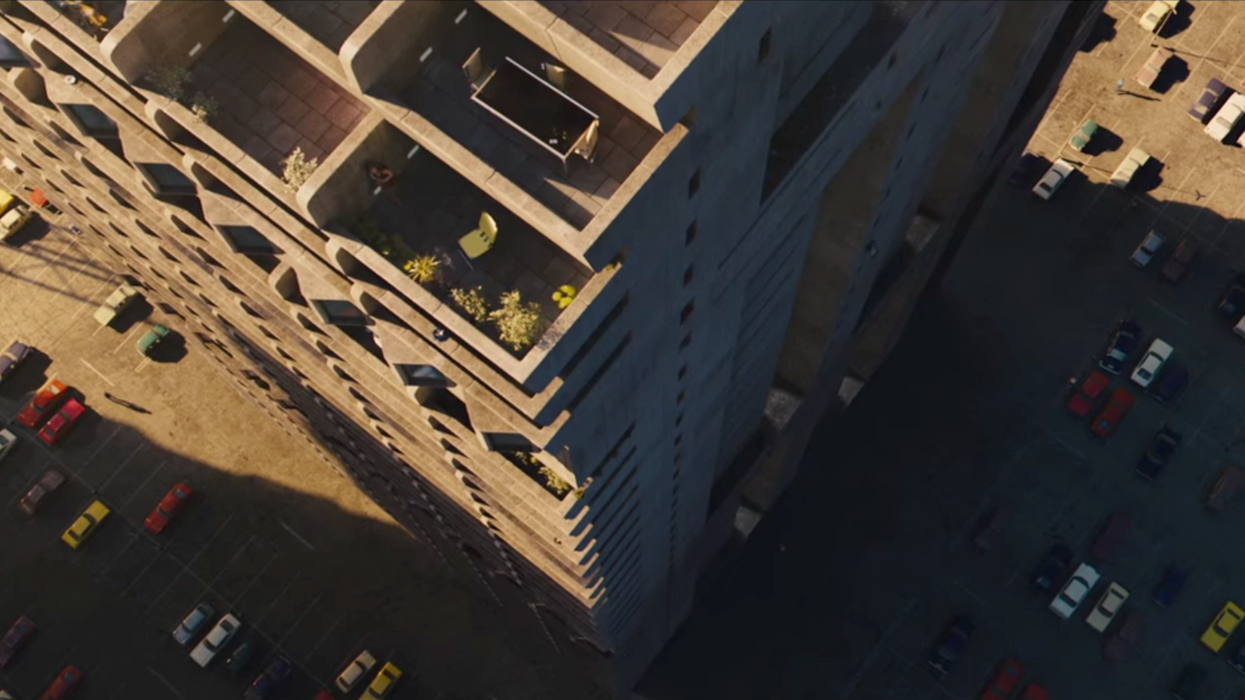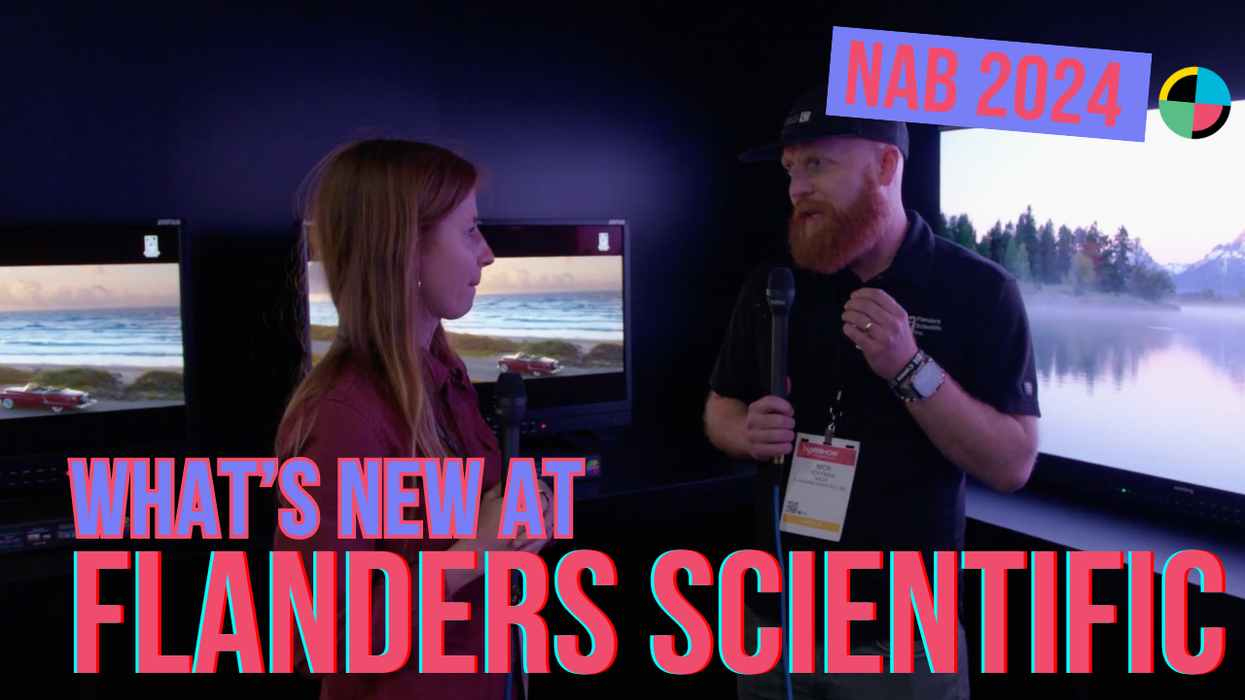From J.G. Ballard's 1975 dystopian novel, High-Rise has made the crossover to cinema thanks to UK based director Ben Wheatley. The marketing for the film (which premiered at Toronto 2015 and is landing in UK theaters in March) is beginning to roll out, and what they've done here is appreciable. "Ever wanted something more?" might just be the subtext of every advertisement ever — but there's something subversive and brilliant about letting it boil directly to the surface.
I've always had qualms with trailers, and part of the reason I vowed to stop watching them years ago (of course a few sneak by every once and a while, especially taking part in film journalism) was because trailers directly add an (often over-mediated) expectation or plant lofty assumptions in the viewers mind. I find they can soil a cinematic experience I want to be as fresh as possible, but when a really good teaser-trailer comes along, I have to tip my hat.
Intrigue / Reality Bending
This teaser (cut by Nathan Coetzee) bends the rules of a traditional trailer, giving us a glimpse into a world with little overriding narrative assumptions being thrust upon us. The first reaction to the teaser by the uninitiated generally falls in the category of "Wow, I thought this was an advert for a real high-rise complex." This is the kind of assumption that would make someone like Ballard proud. Film producer (and Ballard fan) Nate Kamiya gives his take:
I'm familiar with the book so maybe I'm coming at this from a different angle, but I don't think anyone would mistake it for an actual real estate ad (especially by the time the lights start flickering in Tom Hiddleston's elevator). Even so, it's engaging and playful in a way that trailers frequently aren't. They've created a little world and have invited you to participate in the make-believe by following the link at the end. I think the slyness is in the spirit of the original author.
Indeed, if we do follow the link, we land at a website that gives us a further impression that it's a real high-rise somewhere. A trick that wears off quickly, sure, but it's a crucial element to drawing you into their world, and once they've sucked you in, they've got you. I challenge someone to watch the first 15 seconds of this without watching the whole thing (I find most advertising achieves the opposite effect).
Adapting Ballard to the Screen
Part of the British new wave in the 1960's, Ballard's flirtation with cinema has had enormous contrast, from Spielberg's Empire of the Sun to Cronenberg's Crash (1996 Crash, not 2004 Crash). To help us understand Ballard's work and worldview, I spoke with David Ian Paddy — a man who quite literally wrote the book on Ballard.
Ballard was the first person to take car parks, empty swimming pools, high-rise buildings as the subject of fiction. There's something creepily disturbing about cars, advertising, billboards, and those are the landscapes in which we live. He's saying that we now live entirely in landscapes that we've made, and we have built our own unconscious neurosis and psychosis into our environment.
Deeply interested in Freudian analysis, Ballard's High-Rise was most compared to Lord of the Flies when it was released. Instead of placing characters outside of the heart of civilization, he kept them there, exploring the wildness within the four walls of convenience. He was fascinated by science-fiction, but rejected rocket ships and astronauts in his work.
He said rather than the far future, we should look at the near future. At one point he wrote, 'I want to look at the science fiction of the next five minutes.' Rather than outer space, he's interested in inner space. He's taking the world we live in and projecting it a little bit forward and drawing out its more unnerving elements.

And how does David Paddy, a die-hard Ballard scholar, feel about this teaser?
These teaser trailer's look amazing — they look and feel like the book to me. I like that Wheatley chose to make it a period piece so that he's deliberately made it have that early-mid 70's look to it, even in the texture of the film. If you tried to adapt it to now in the age of social media and constant technology of communication, it really upsets the premise.
Another interesting tidbit on how Ballard perceives reality was something he learned at a young age (an experience that served as the basis for Empire of the Sun, though Spielberg failed to capture this darkness):
What the Japanese invasion of China revealed to him was that all of reality was really just a stage set that could be dismantled at any time. People live these lives of comfort and illusion, but he was always aware that it was just an illusion. To him, rather than that being unsettling, that was liberating, and I think that's another little window into what he's exploring: these stage sets that start falling down in the high-rise complex.
Artful Marketing
In our media saturated cultural landscape, people are simply tired of being advertised at. There's something inherently more personal (and therefore more shareable) about a teaser trailer that can stand on its own merit as a piece of storytelling without being an overt advertisement. It also encourages fans of the source material to get involved with the marketing of the movie, generating their own concept art (free advertising):
Compare the teaser trailer to its more traditional counterpart (part 2 of StudioCanal's media rollout):
So we can glean the difference here. Both trailers are effective, but there's something special about the initial teaser trailer, and I'd like to see more filmmakers take a page out of this book when marketing their own films. Ultimately, the adverts ask "Ever wanted something more?" and leave us wanting just that.
 No Film School's coverage of NAB 2024 is brought to you by Blackmagic Design.
No Film School's coverage of NAB 2024 is brought to you by Blackmagic Design.












